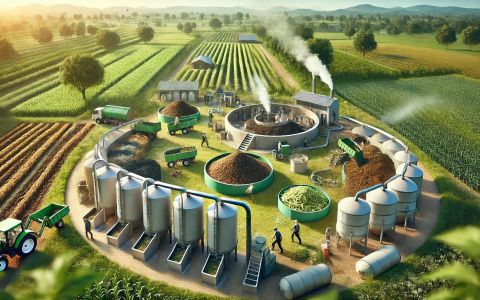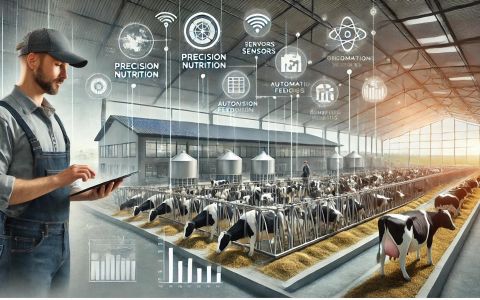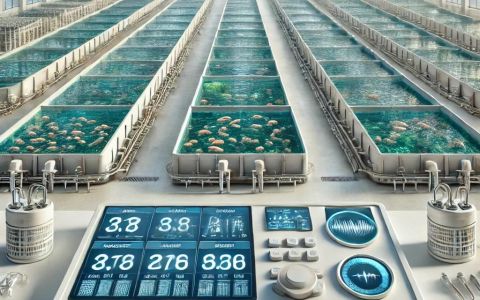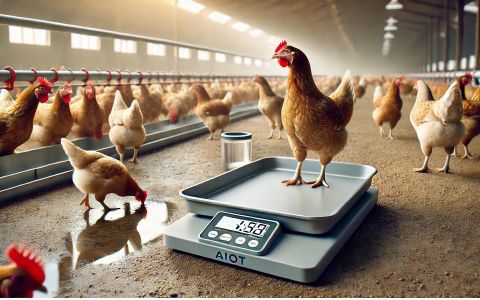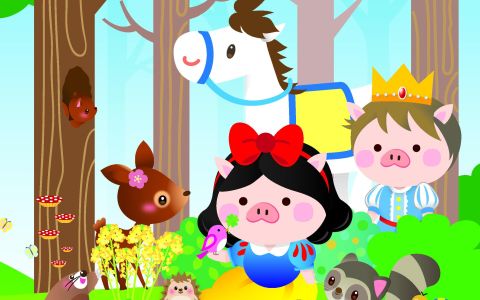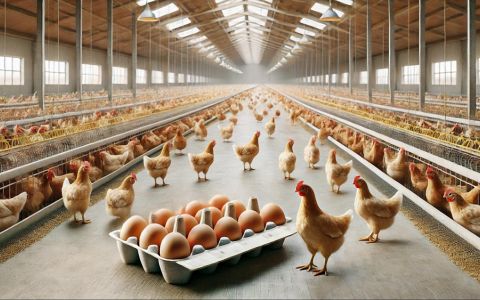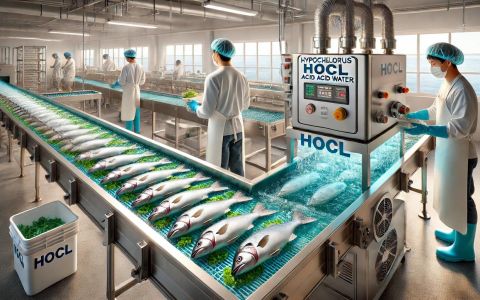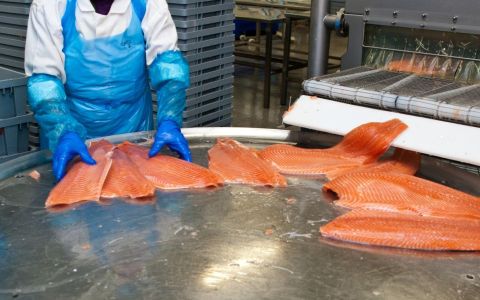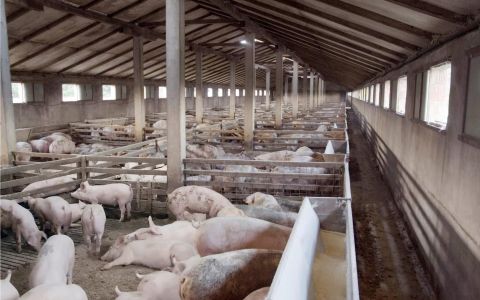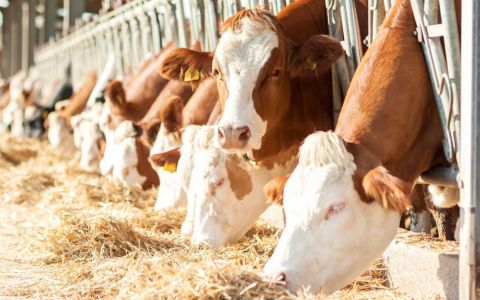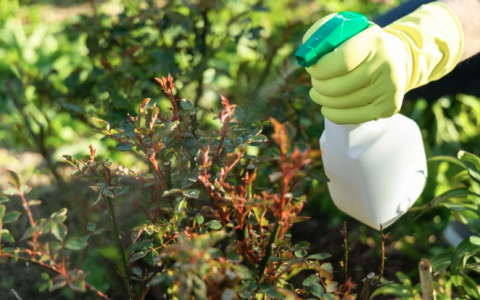News Center
Overview of Taiwan's Agricultural Sector
Taiwan’s agriculture plays a pivotal role in national food security, economic development, and global trade. Despite limited arable land, climate challenges, and an aging rural workforce, Taiwan has developed a highly efficient and technologically advanced agricultural system. Today, the sector is undergoing a digital and sustainable transformation through smart farming, automation, and eco-friendly practices—aimed at boosting productivity, reducing labor reliance, and improving resilience.
Innovative Applications of Carbon Reduction and Circular Technologies in Sustainable Agriculture
Discover how cutting-edge carbon reduction strategies and circular technologies are transforming agriculture, with inspiring examples from Taiwan and Japan leading the way to a greener, more sustainable future.
Precision Nutrition in Agriculture and Livestock: Leveraging Smart Technology for Sustainable Development
Integrating smart technologies such as sensors, IoT, and AI into agriculture and livestock sectors enables precise nutritional management, enhancing production efficiency, reducing waste, and promoting environmental sustainability.
Smart Solar-Aquaculture Symbiosis: Integrating Renewable Energy with Intelligent Fish Farming
This innovative approach combines solar photovoltaic power generation with smart aquaculture technologies, enhancing land use efficiency, stabilizing water quality, and improving farming environments to boost productivity and sustainability in the aquaculture industry.
Integrating artificial intelligence and Internet of Things technologies, AIoT automated poultry scales utilize image recognition to calculate poultry numbers and average weights, uploading data to the cloud for real-time monitoring, thereby optimizing feed management and enhancing farming efficiency.
Summary of Taiwan's Swine Market Statistics 2023
In 2023, Taiwan's swine industry demonstrated resilience and innovation, supported by government policies such as tax exemptions and the promotion of self-sufficient feed ingredients, leading to a stable foundation and breakthroughs in international markets.
Discover how antibiotic-free feed formulations are revolutionizing the layer industry, enhancing hen health, boosting egg quality, and paving the way for sustainable and safe food production.
Explore how hypochlorous acid water (HOCl) serves as a safe, eco-friendly disinfectant, enhancing biosecurity and promoting sustainable practices in modern farming and aquaculture.
Explore how Taiwan's fisheries industry is advancing seafood processing and cold chain logistics to minimize waste, ensure product quality, and cater to diverse market needs.
Discover how Taiwan's livestock industry is leading the circular economy by turning manure into green energy, organic fertilizer, and valuable industrial resources.
Bacillus and ammonia-oxidizing bacteria are game-changers in livestock production, enhancing animal performance and reducing environmental impact. Through advanced strain selection and innovative applications, these microbes optimize feed efficiency, mitigate ammonia emissions, and promote sustainable farming practices
Green Onions: Promoting Sustainability Through Integrated Pest Management (IPM) in Taiwan
Explore how Taiwan's green onion farmers are adopting Integrated Pest Management (IPM) strategies to combat pests, reduce pesticide use, and enhance crop yields. Learn about government initiatives, research implementations, and the benefits of sustainable farming practices in the agriculture industry.












